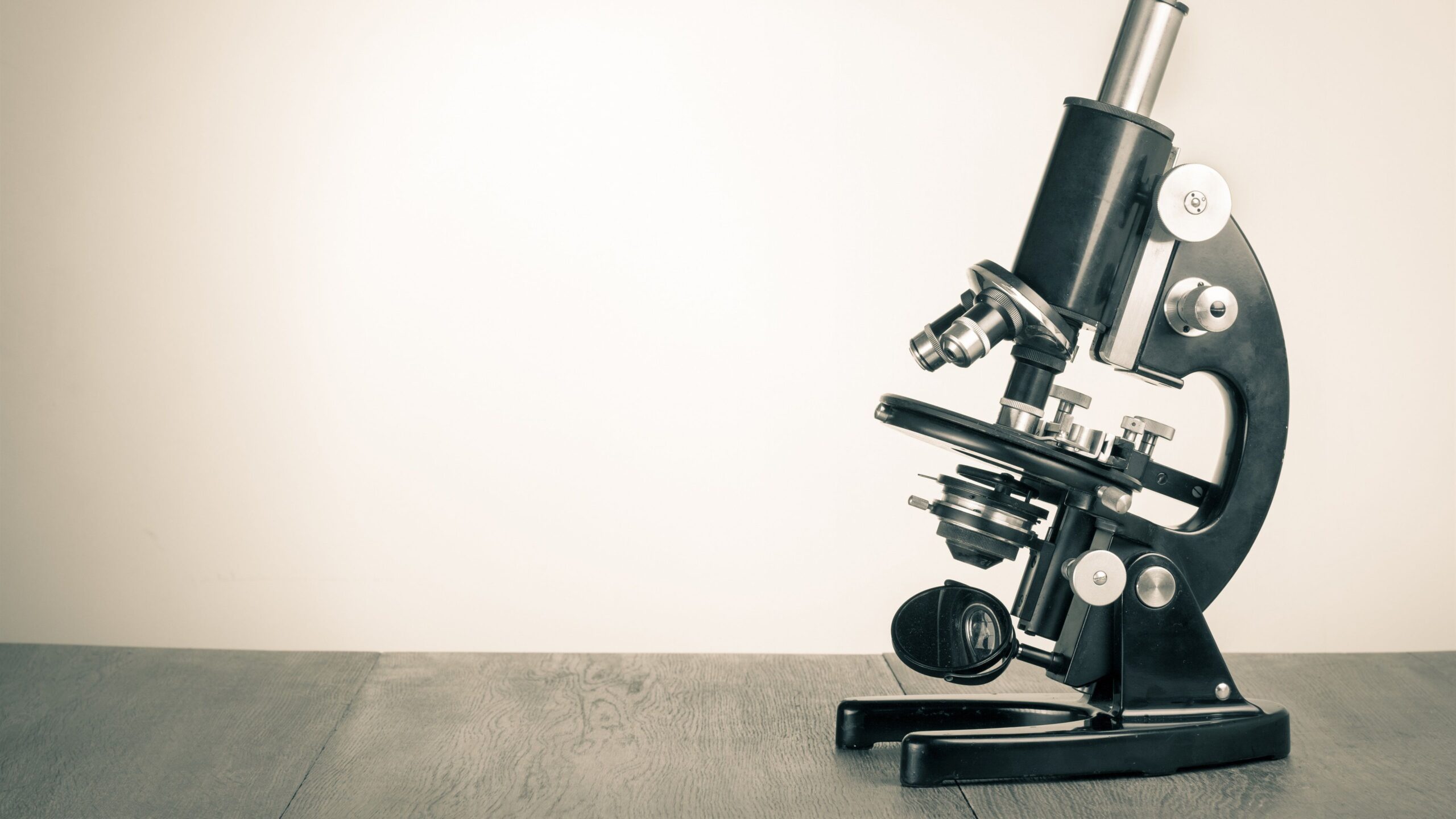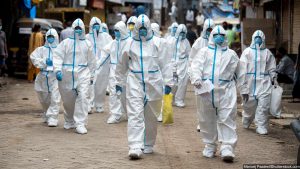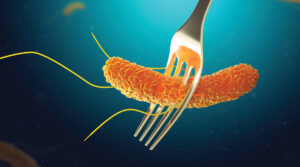Microbiology has been an integral part of our world right from 1600s to up until the very recent pandemic of Coronavirus. Until the 1st world war, the period was considered as the Golden age of Microbiology but now from past some decades, Microbiology as a field of research has got a new lease of life and probably the field is here to stay for a long time as many advances and newer improvements for technology and medicine have been derived from microorganisms. Numerous scientific advances are achieved by making use of microbial derived products. The better understanding of microbiology or even molecular biology as its subfield has enabled us humans to tackle the diseases that have haunted humankind for centuries, while also preparing us for many more severe pandemics and deadly diseases to come. Today, Microbiology has seeped into many fields like Medicine, Pharma, Technology, Food & Beverages, etc. to name a few. The current pandemic has brought to the fore the importance of microbiology to help deduce the scientists the mechanism and structure of the virus in order to render it ineffective to the hosts.
The basic techniques have now got out of laboratory and have applications in real life on field analysis. Molecular techniques have silently made a significant but irreplaceable place in today’s world of microbiological analysis. These techniques offer the promise of quicker sample turnaround time, more precise pathogen documentation and superior sensitivity, enabling confident clinical decision making. Combined with mechanization, modern microbiology offers high throughput options for great numbers of specimens at rational cost. The discipline is used to learn about all aspects of the organisms in order to not only determine how they live in their environment, but also how they impact their respective surroundings and thus other living biological entities around them (human beings, animals, etc.) Microbiology has shown it is the most important disciplines in biology, making it possible to catalogue how some of these organisms cause diseases, discover cures for such ailments and even use some microbes for industrial purposes etc.
Before the work of Microbiologists, people didn’t understand why food spoils. The identification of the role of microbes in food spoilage also has led to improvements in preserving food. Microorganisms are also utilized in industrial fermentation (e.g., the production of alcohol and dairy products) and for antibiotic production. Many microorganisms are important research entities, and scientists have utilized their knowledge of microbes to supply biotechnologically important enzymes and utilized even genetically engineered microorganisms to assist in removal of wastes, like oil spills. Microorganisms can therefore be perceived as suppliers of so-called “ecosystem services”, which are vital to the environment and to human life and activity. The application of molecular biology and genomics to environmental microbiology has led to the discovery of a huge intricacy in natural communities of microbes. Diversity surveying, community fingerprinting, and functional interrogation of natural populations have become common, enabled by a battery of molecular and bioinformatics techniques.
Microbiology is used in our day-to-day life and plays a significant role in it. Microbiology applied in everyday life; in food production, biodegradation, commercial-product production, biotechnology. There are various dishes in which microorganisms are needed. For example, for the making of curd and cheese, microorganisms are needed. A bacterium called Lactobacillus converts the lactose sugar present in milk to lactic which results in the conversion of milk into curd. Moreover, yeast can be used to make bread, bacteria is important during the process of making yoghurt. Apart from this, bacteria are used to synthesize the commercial valuable products like hydroxybutyric acid which is used in the manufacture of disposable diapers and plastics. Also, in ethanol which is a biofuel. They also synthesize amino acids which are very common dietary supplements. Thus, the science of Microbiology aims to gain and expand our fundamental understanding of microorganisms by studying their morphology, metabolism, physiology, reproduction and genetics. This is all how Microbiology plays a significant role in the different sectors. In the next couple of years, we will see various other uses of the microbiology which will be very beneficial for us in all aspects. Hence, we can well and truly say that an era of microbiology has begun.




